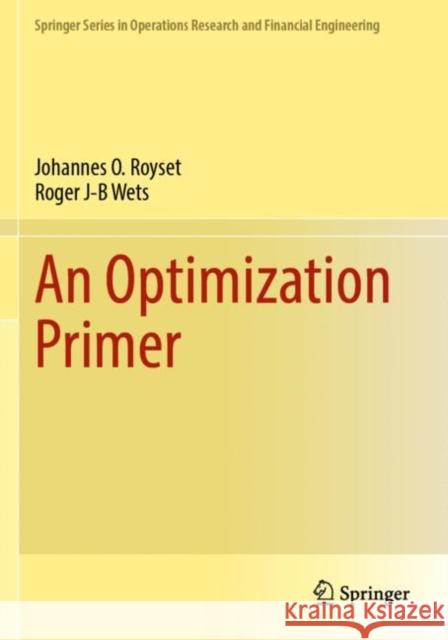An Optimization Primer » książka
topmenu
An Optimization Primer
ISBN-13: 9783030762773 / Miękka / 2023 / 676 str.
An Optimization Primer
ISBN-13: 9783030762773 / Miękka / 2023 / 676 str.
cena 242,07
(netto: 230,54 VAT: 5%)
Najniższa cena z 30 dni: 231,29
(netto: 230,54 VAT: 5%)
Najniższa cena z 30 dni: 231,29
Termin realizacji zamówienia:
ok. 16-18 dni roboczych.
ok. 16-18 dni roboczych.
Darmowa dostawa!
Kategorie:
Kategorie BISAC:
Wydawca:
Springer Nature Switzerland AG
Seria wydawnicza:
ISBN-13:
9783030762773
Rok wydania:
2023
Ilość stron:
676
Wymiary:
25.4 x 17.8
Oprawa:
Miękka
Dodatkowe informacje:
Wydanie ilustrowane











